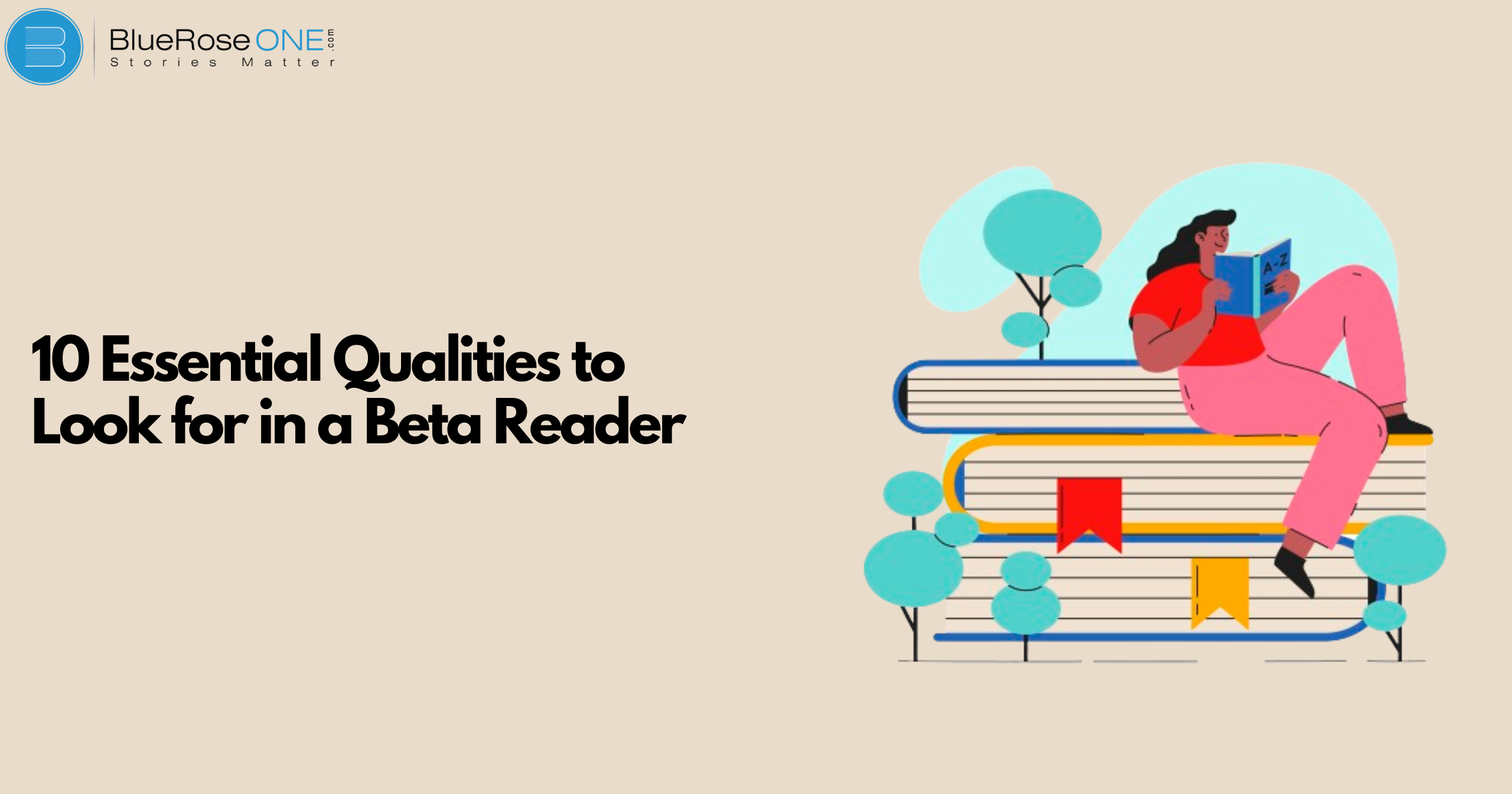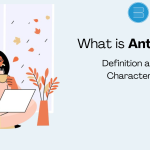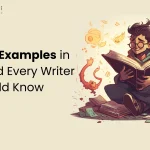Before a work takes on its final shape, beta readers provide insightful and helpful criticism, making them a crucial part of the writing process. But not every beta reader is made equal. To make sure you get the best feedback, it’s important to take into account the qualifications and traits of the people you ask to criticize your work. These are ten crucial characteristics of a beta reader.
1. Enthusiasm
One essential trait to look for in a beta reader is enthusiasm. A beta reader is a person who reviews a work in order to offer suggestions before it is released. When a beta reader tackles this assignment with a positive attitude, it shows that they are ready to contribute to the work’s improvement.
Their passion motivates them to provide insightful suggestions, constructive criticism, and well-considered comments. Passionate about the writing process, eager beta readers sincerely want to see the author succeed.
Their enthusiasm and vigour can inspire the writer and improve the team’s collective effort to polish the text in preparation for publishing.
You may also like: 7 Types of Characters in Fiction (and How to Use Them)
2. Constructive Criticism
It’s important to look for a beta reader who is capable of providing helpful criticism. This implies that rather than dissecting the work, they offer constructive criticism in a way that is encouraging and beneficial.
A competent beta reader will point up both the positive and negative aspects while making detailed recommendations for development.
They should be able to respectfully and clearly express their opinions while also comprehending the author’s point of view and providing new insights. Before a book is released to a larger audience, constructive feedback from a beta reader can be extremely helpful in ensuring that it meets its maximum potential.
3. Attention to Detail
Paying close attention to details is crucial while looking for a beta reader for your work. A competent beta reader carefully goes over your work, pointing up even the tiniest mistakes or discrepancies.
They make sure your writing is polished and businesslike by paying close attention to the subtleties of syntax, grammar, and punctuation. They also pay great attention to character development, continuity problems, and narrative gaps, offering insightful criticism to help you make your tale better.
You can be confident that a beta reader with an attention to detail will help you polish your work to the best possible level and make sure it’s prepared for submission or publishing.
You may also like: How to Write a Poem | Get Essential Tips
4. Communication Skills
Communication abilities are essential while looking for a beta reader. A beta reader must communicate with the author in a straightforward and concise manner. They should point out the manuscript’s advantages and disadvantages while offering helpful criticism in a polite manner.
In addition to these skills, effective communication calls for understanding the author’s aims, expressing suggestions for improvement, and actively listening.
It should be possible for beta readers to voice their thoughts in a way that is supportive and beneficial to the author. A collaborative relationship between the author and beta reader is fostered by effective communication, which eventually improves the final result.
5. Punctuality
When selecting a beta reader for your writing assignment, timeliness is essential. A beta reader needs to be trustworthy and capable of adhering to regular deadlines.
They ought to keep their commitments to provide comments by the deadline. Being on time demonstrates their respect for you and your project and shows that they mean business in their work. It guarantees that you get feedback on time, giving you the opportunity to make the required changes before turning in your work.
A timely beta reader makes the writing process run more smoothly and effectively, which aids in your goal-achieving. Thus, consider timeliness to be one of the most important factors when choosing a beta reader.
You may aslo read: The 15 Best Online Book Clubs to Join in 2024
6. Trustworthiness
One essential trait to look for in a beta reader is trustworthiness. Finding someone you can rely on to offer frank and helpful criticism is crucial when choosing someone to review your work.
A reliable beta reader will provide unbiased feedback, making sure they put your interests as a writer first. They will protect the privacy and integrity of your work, honoring the confidentiality of your work.
It is also crucial that they consistently fulfill their obligations and deadlines, since this shows how committed they are to assisting you in becoming a better writer. To put it simply, a dependable beta reader is someone you can count on to provide you with accurate criticism so you may improve your manuscript.
7. Diversity
Diverse beta readers are essential for obtaining a comprehensive understanding of your work. It’s important to choose beta readers with a variety of experiences, backgrounds, and cultures. This variety enhances feedback by providing fresh perspectives and pointing out potential blind spots that you might have overlooked.
Diverse viewpoints among beta readers enable them to pick up on subtleties and cultural allusions that could have different meanings for various audiences. Their input enables you to produce work that is relatable and inclusive to a wider audience.
To put it simply, varied beta readers add to a more thorough and thorough assessment of your writing, which aids in the efficient revision of your work.
You may also like: The Basics of the 3 Act Structure: A Beginner’s Guide
8. Patience
One essential trait to look for in a beta reader is patience. A beta reader must possess the patience to go over a document in its entirety, paying close attention to details and providing helpful criticism.
They ought to have ample time to ponder the story’s subtleties and the author’s goals. Their ability to be patient allows them to offer meaningful criticism without hurrying the process.
A patient beta reader is willing to put in the time and effort necessary to provide insightful criticism because they know it helps the author do a better job. All things considered, a beta reader needs patience in order to give writers insightful criticism and assistance.
9. Reliability
Reliability is important when selecting a beta reader. You can rely on a trustworthy beta reader to give you input on time and consistently. They should be able to keep their word and have a strong commitment to the mission. Being trustworthy also entails presenting you with constructive criticism that is given in an honest and open manner.
A trustworthy beta reader will meet deadlines and communicate clearly at every stage, so you know you can rely on them to help you polish your work.
You may also like: Top 10 ELF Name Generators for Fantasy Writers
10. Understanding of the Writing Process
Any aspiring author must comprehend the writing process. It goes through multiple phases, including ideation, drafting, book editing, and revision. However, asking beta readers for their opinions is a crucial but frequently missed stage.
Those that view your book before it is published are known as beta readers, and they can offer insightful criticism. When seeking a beta reader, seek out individuals that meet specific requirements.
They should be trustworthy, have an excellent sense of detail, be able to provide constructive feedback, be knowledgeable about the genre you write in, and be able to communicate clearly. Before your work is seen by a larger audience, a competent beta reader may help you refine it and make it the best it can be.
Conclusion
Selecting appropriate beta readers is crucial for every writer who wants to polish their work and get it ready for print. Prioritizing traits like excitement, the ability to take constructive criticism, attention to detail, and communication skills will help you get comments that will improve your narrative and writing.
















